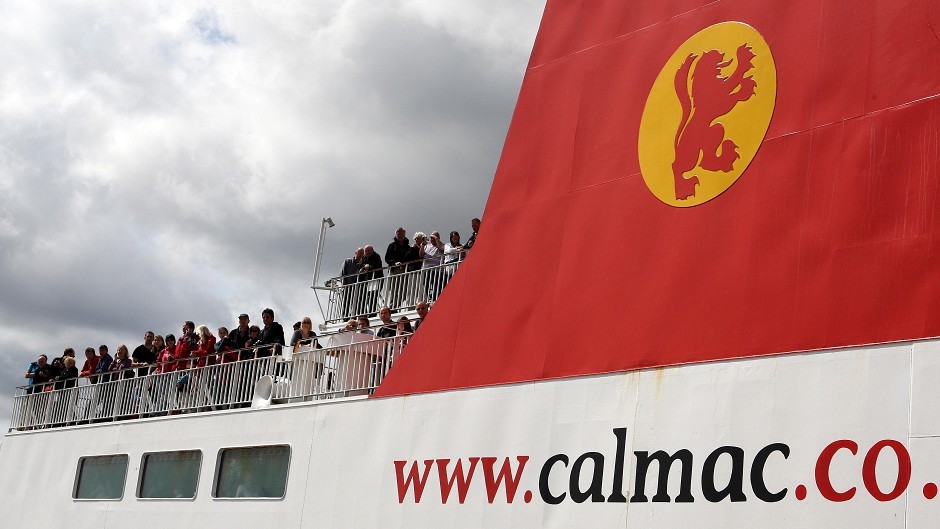A new report commissioned by west coast ferry operator CalMac into the marine economy’s future economic potential has revealed that Arctic ice melt due to global warming could boost marine traffic.
The independent report concentrates on the growth of key marine industries – aquaculture, transport and tourism and recreation – over the next 25 years.
It is intended to stimulate inter-industry and agency discussion within the scope of the National Marine Plan.
Commercially, future growth is expected in the cruise ship and sailing tourism sectors, and new international shipping routes may open up long term if the arctic ice melts much more due to climate change.
The report states: “As the world continues to warm up, opportunities for new ship passages through the Arctic may become available as a result of melting sea ice. Most notable of these are the Northern Sea Route and the North West Passage. This could be beneficial to Scotland and the Clyde and Argyll regions.”
A boost in traffic will also mean more potential for congestion and increased marine noise and pollution, as well as the need for substantial port development to meet growing demand.
Climate change may also adversely affect vessels and passengers due to higher frequency of storms.
In the aquaculture sector, the report highlights the industry’s reliance on two major products, salmon and blue mussels, and suggests diversifying into new products like sea snails, sea urchins or sea weeds to make the industry more secure.
And the research also found that although there are many opportunities for tourism and recreation, such as sailing tourism, wildlife tourism and adventure tourism, this could result in more competition for resources, and growth may be hampered by inadequate services such as poor internet access.
The report was independently produced by environmental consultants MacArthur Green and specialists at the University of West of Scotland on behalf of CalMac.
